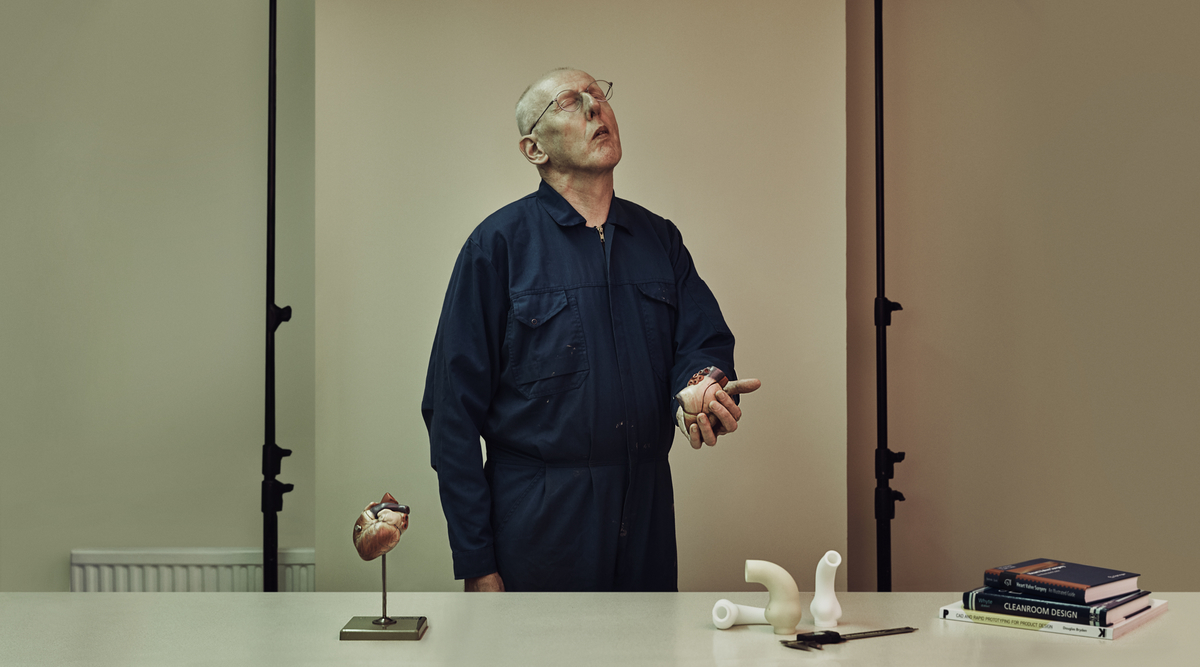Why Most Published Medical Research is False

What’s the Latest Development?
Our public thirst for the newest and most reliable ways of staying healthy is an undue burden on medical researchers, says Dr. Richard Gunderman, MD, suggesting that various social pressures combine to give the public an inaccurate view of health. “One of the most important concerns is the wide latitude researchers enjoy in defining outcomes and designing studies. In many cases, reported outcomes are very far removed from health. For example, a drug may reliably lower blood pressure or cholesterol levels but provide no benefit when it comes to reducing heart attacks and strokes or prolonging life.”
What’s the Big Idea?
According to Dr. Gunderman, another major pitfall is the incentive for researchers to produce positive results despite negative experimental outcomes. “A great deal of research on drugs and medical devices is funded by profit-seeking corporations, which have a strong interest in seeing their investments bear fruit. The more money such a company invests in developing a new drug or device, the more urgent it becomes to see a substantial return on that investment.” What’s more, few if any career advancement opportunities are given to researchers who produce only negative results.
Photo credit: Shutterstock.com





